Hire Data Scientists: Business Survival Strategy 2025
In 2025, companies that hire data scientists aren't just gaining a competitive edge—they're ensuring survival. Discover why data-driven businesses outperform competitors by 23% and how the right data talent transforms organizations from reactive to predictive.
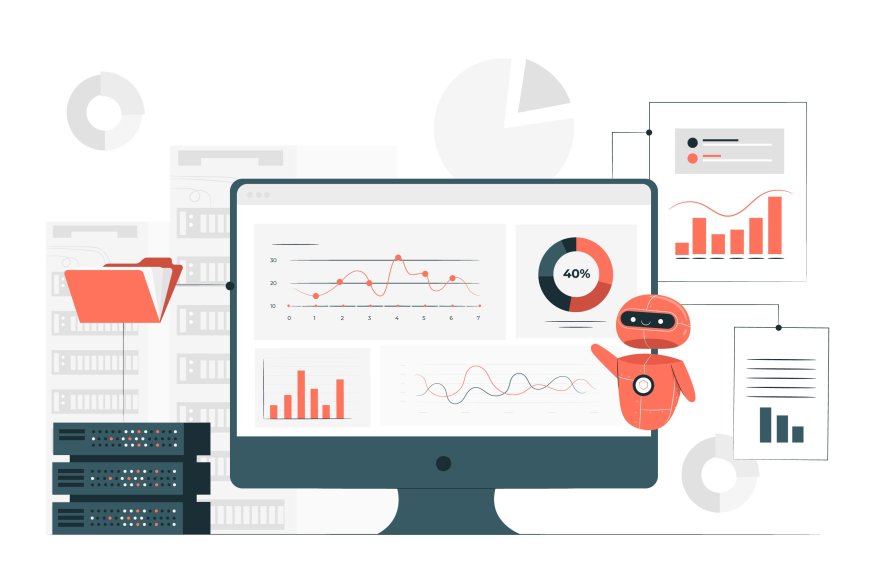
The business landscape has fundamentally shifted. What once seemed like a tech industry trend has become essential for survival across every sector. Companies that hire data scientists today aren't just innovating—they're protecting their future. The numbers tell a compelling story about this transformation.
The statistics are undeniable. The US Bureau of Labor Statistics predicts that data science jobs will experience 36 percent growth between 2023 and 2033, making it one of the fastest-growing career fields. This isn't just about job creation; it reflects the critical importance businesses place on data-driven decision making.
The Cost of Falling Behind
Companies that delay their decision to hire data scientists face mounting challenges. Market research shows that data-driven organizations are 23 times more likely to acquire customers and 19 times more likely to be profitable. The gap between data-literate and data-ignorant businesses continues to widen daily.
Why Every Industry Needs Data Science Talent Now
Modern business challenges demand analytical solutions that only trained data scientists can provide. From predicting customer behavior to optimizing supply chains, the applications are limitless. Industries from healthcare to retail discover that their survival depends on extracting insights from ever-growing data volumes.
Their survival in the highly competitive environment depends upon possessing the right information in the right time. This reality has made the decision to hire data scientists a strategic imperative rather than a nice-to-have addition.
The Competitive Intelligence Gap
Organizations without data science capabilities operate blindly in markets where competitors leverage predictive analytics. When you hire data scientists, you gain the ability to anticipate market changes, understand customer needs, and optimize operations before problems arise.
The Financial Reality: What It Costs to Ignore Data
The price of not investing in data science talent extends far beyond missed opportunities. Companies lose millions annually through inefficient processes, poor customer targeting, and reactive rather than predictive strategies. The cost to hire data scientists pales in comparison to these losses.
Research indicates that organizations investing in data science see returns of $3.50 for every dollar spent. The median annual wage for data scientists was $112,590 in May 2024, making them valuable investments rather than expensive hires.
ROI of Data Science Investment
When businesses hire data scientists, they typically see measurable improvements within six months. Customer acquisition costs decrease, operational efficiency increases, and revenue predictions become more accurate. These improvements compound over time, creating sustainable competitive advantages.
Market Dynamics: The Talent Shortage Reality
The demand to hire data scientists far exceeds supply, creating a highly competitive talent market. Data scientists constituted merely 3% of those laid off by major tech companies, demonstrating their value even during economic uncertainty.
This scarcity means companies must act quickly when qualified candidates become available. Organizations that hesitate often lose top talent to competitors who recognize the urgency. The window for building data science teams continues to narrow as demand intensifies.
Geographic Considerations for Hiring
The shift toward remote work has expanded the talent pool, but competition remains fierce. Companies can now hire data scientists globally, but must compete with international organizations offering attractive packages and flexible arrangements.
Skills That Define Survival-Critical Data Scientists
Not all data science professionals are created equal. When you hire data scientists for business survival, specific competencies become non-negotiable. Technical skills must align with business acumen to create real value.
Modern data scientists need proficiency in machine learning, statistical analysis, and programming languages like Python and R. However, the ability to translate complex findings into actionable business strategies separates good hires from transformational ones.
The Communication Factor
Technical expertise without communication skills limits impact. The best data scientists explain complex concepts to non-technical stakeholders, ensuring insights drive actual business decisions rather than remaining academic exercises.
Industry-Specific Applications Driving Demand
Different sectors require specialized data science approaches. Healthcare organizations hire data scientists to improve patient outcomes through predictive diagnostics. Retail companies focus on customer behavior analysis and inventory optimization.
Financial services leverage data science for fraud detection and risk assessment. Manufacturing firms use predictive maintenance to reduce downtime. Each application demonstrates how data science has become integral to industry survival rather than optional enhancement.
The AI Integration Imperative
The World Economic Forum projects that AI could create 97 million new jobs by 2025. Organizations that hire data scientists today position themselves to capitalize on this AI revolution, while those who delay risk obsolescence.
Building Your Data Science Hiring Strategy
Success requires strategic planning beyond simply posting job descriptions. Companies must understand what skills they need, where to find qualified candidates, and how to structure competitive offers that attract top talent.
The hiring process should evaluate both technical capabilities and cultural fit. Data scientists must collaborate effectively with existing teams while bringing fresh analytical perspectives to business challenges.
Retention Strategies for Data Talent
Once you hire data scientists, keeping them engaged becomes crucial. These professionals value intellectual challenges, professional development opportunities, and clear career progression paths. Companies that provide these elements build stable, high-performing data teams.
The Remote Work Advantage in Data Science Hiring
Remote work capabilities have transformed how companies hire data scientists. Geographic limitations no longer constrain talent acquisition, allowing organizations to access global expertise while reducing overhead costs.
This shift has democratized access to top talent, enabling smaller companies to compete with tech giants for skilled professionals. However, it also means increased competition as every organization can now recruit from the same global talent pool.
Managing Distributed Data Teams
Success with remote data scientists requires robust collaboration tools, clear communication protocols, and well-defined project management processes. Companies that master remote data team management gain significant advantages in talent acquisition and retention.
Future-Proofing Through Data Science Investment
The pace of technological change continues accelerating. Organizations that hire data scientists today build the foundation for adapting to future innovations. This investment in analytical capabilities provides resilience against market disruptions and technological shifts.
Job postings requiring a data science degree have jumped dramatically—from 47% in 2024 to 70% in 2025, marking a 23% increase. This trend indicates that formal data science education is becoming increasingly important for hiring decisions.
The Continuous Learning Imperative
Data science evolves rapidly, requiring ongoing skill development. Companies must invest in continuous training and development to maintain their competitive edge. This commitment to learning becomes part of the value proposition when recruiting top talent.
Conclusion: Acting on the Survival Imperative
The decision to hire data scientists has evolved from competitive advantage to survival necessity. Organizations that recognize this reality and act decisively will thrive in the data-driven economy. Those that delay face increasingly difficult paths to relevance.
The statistics are clear, the trends are undeniable, and the window for action continues to narrow. Companies that hire data scientists today are investing in their future survival, while those who wait may find themselves competing for relevance rather than market leadership.
Your organization's future depends not on whether you'll eventually hire data scientists, but on how quickly you can build the analytical capabilities needed to thrive in tomorrow's business environment.















































































































































































![[The AI Show Episode 151]: Anthropic CEO: AI Will Destroy 50% of Entry-Level Jobs, Veo 3’s Scary Lifelike Videos, Meta Aims to Fully Automate Ads & Perplexity’s Burning Cash](https://www.marketingaiinstitute.com/hubfs/ep%20151%20cover.png)











































































































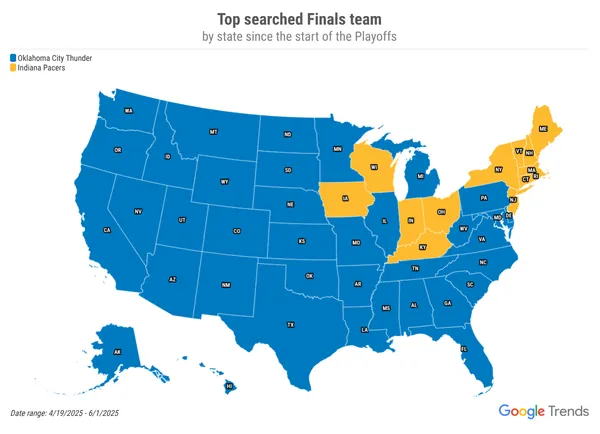













![[DEALS] FileJump 2TB Cloud Storage: Lifetime Subscription (85% off) & Other Deals Up To 98% Off – Offers End Soon!](https://www.javacodegeeks.com/wp-content/uploads/2012/12/jcg-logo.jpg)







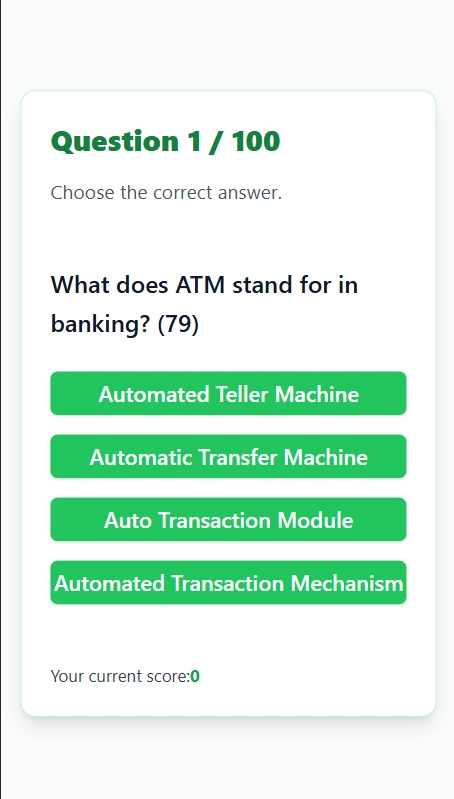






































































































































_Suriya_Phosri_Alamy.jpg?width=1280&auto=webp&quality=80&disable=upscale#)









































































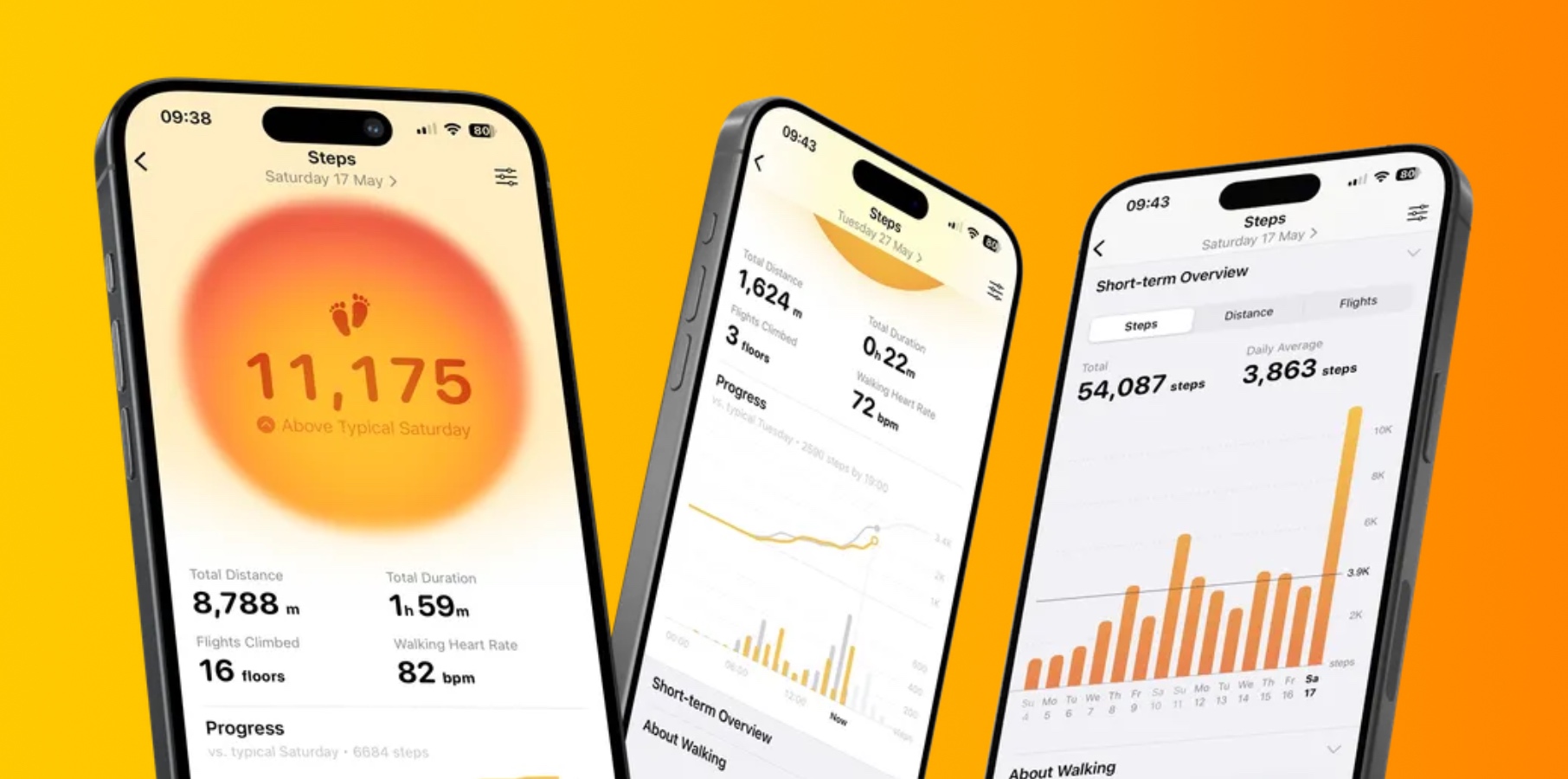
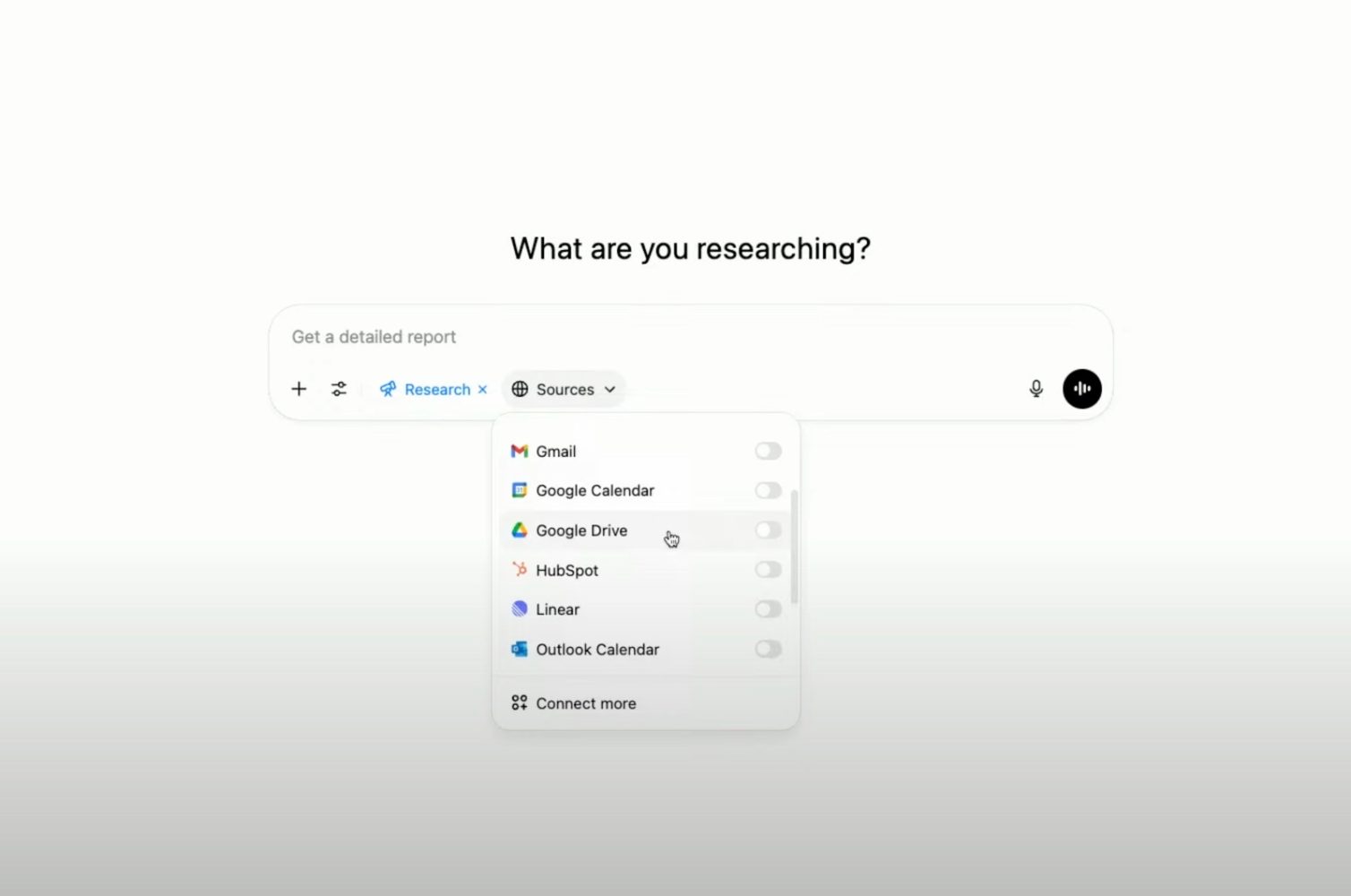

















![Epic Games: Apple’s attempt to pause App Store antitrust order fails [U]](https://i0.wp.com/9to5mac.com/wp-content/uploads/sites/6/2025/05/epic-games-app-store.jpg?resize=1200%2C628&quality=82&strip=all&ssl=1)






![Does the Galaxy Watch 8 ‘squircle’ design appeal to you? [Poll]](https://i0.wp.com/9to5google.com/wp-content/uploads/sites/4/2025/05/galaxy-watch-8-classic-render-leak-3.jpg?resize=1200%2C628&quality=82&strip=all&ssl=1)






















































































